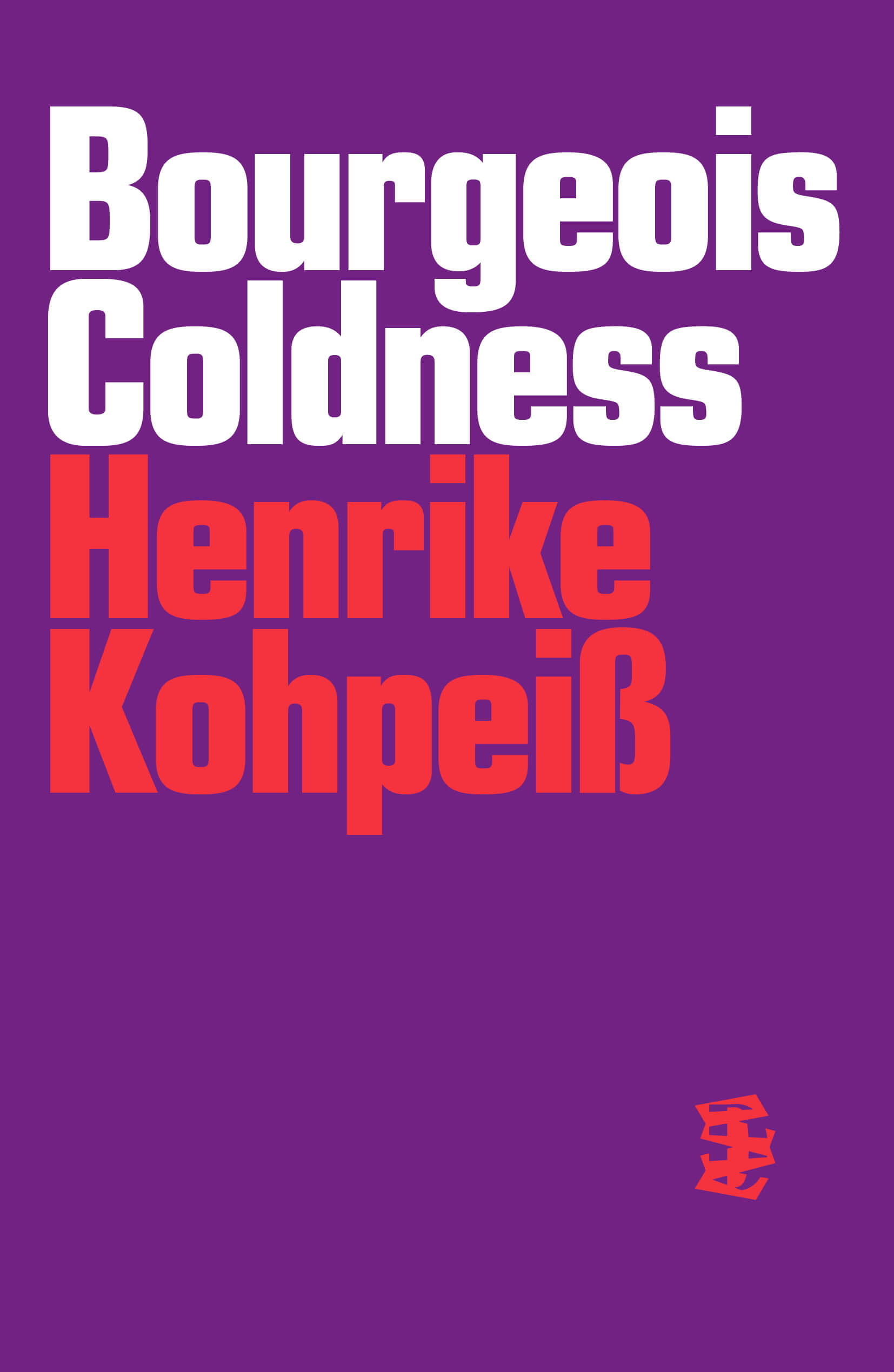
Art and Solidarity Reader
Solidarity has re-entered the global zeitgeist with resounding force in the last decades and is especially urgent to consider today. Yet this concept – both a potent ideal and a slippery notion – is one of the least analysed within the arts. Why? It is perhaps because colonialism, Neoliberalism, hyper-individualism and Western-centred concepts of art have eroded visions of a care-based society. Creating a fair and vital social fabric inspired by mutual dependencies between living beings and all entities including fauna, flora, air, land and water, is fundamental for our collective existence.
A critical toolbox with intersectional perspectives is needed to examine this minefield and reveal meaningful and inspiring narratives that can guide our future.
Contributors: Reem Abbas, Toufoul Abou-Hodeib, Noor Abuarafeh, Yásnaya Elena Aguilar Gil, Ali Hussein Al-Adawy, Salvador Allende, Beth Brant, Wendy Carrig, Heather Dewey-Hagborg, Emory Douglas, Ntone Edjabe, Ingrid Fadnes, Eva Maria Fjellheim, Katya García-Antón, Soledad García Saavedra, Gavin Jantjes, Shoili Kanungo, Geeta Kapur, Lara Khaldi, Ixchel León, Audre Lorde, Chelsea Manning, Olivier Marboeuf, Barbara Masekela, Naeem Mohaiemen, Mário Pedrosa, Ram Rahman, Laura Raicovich, farid rakun/ruangrupa, Aban Raza, Devika Singh, Irene Soria Guzmán, Kwanele Sosibo, Eszter Szakács, Dulce Celina Ureña Hernández, Alice Walker.







